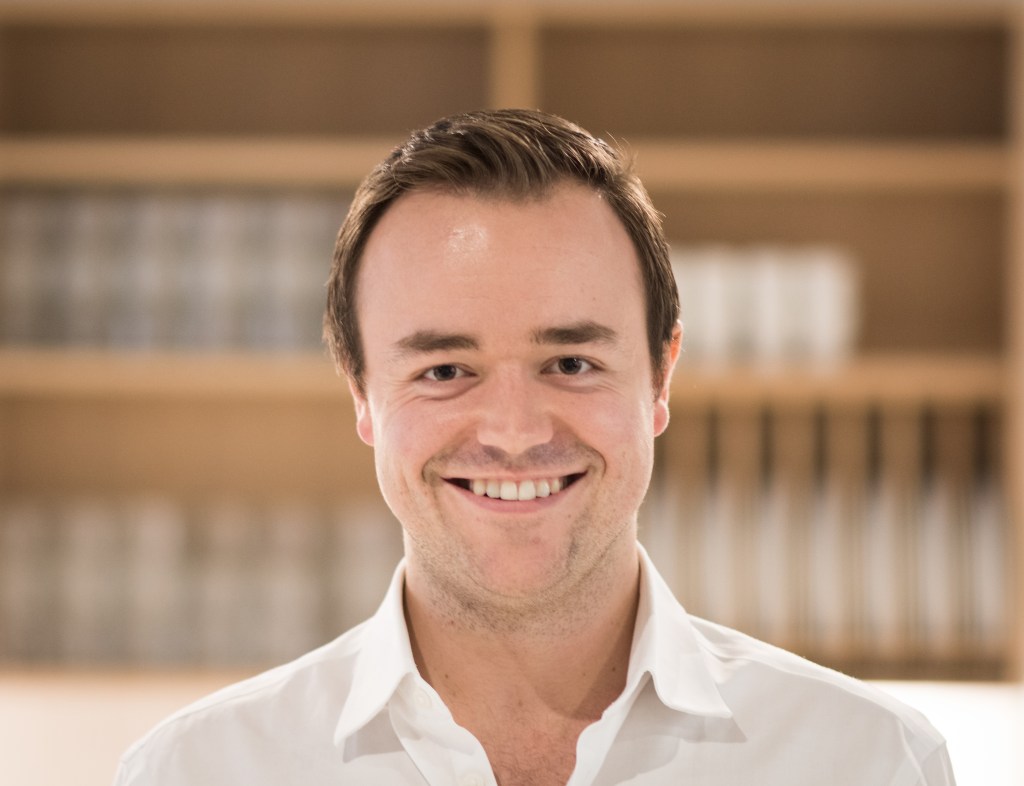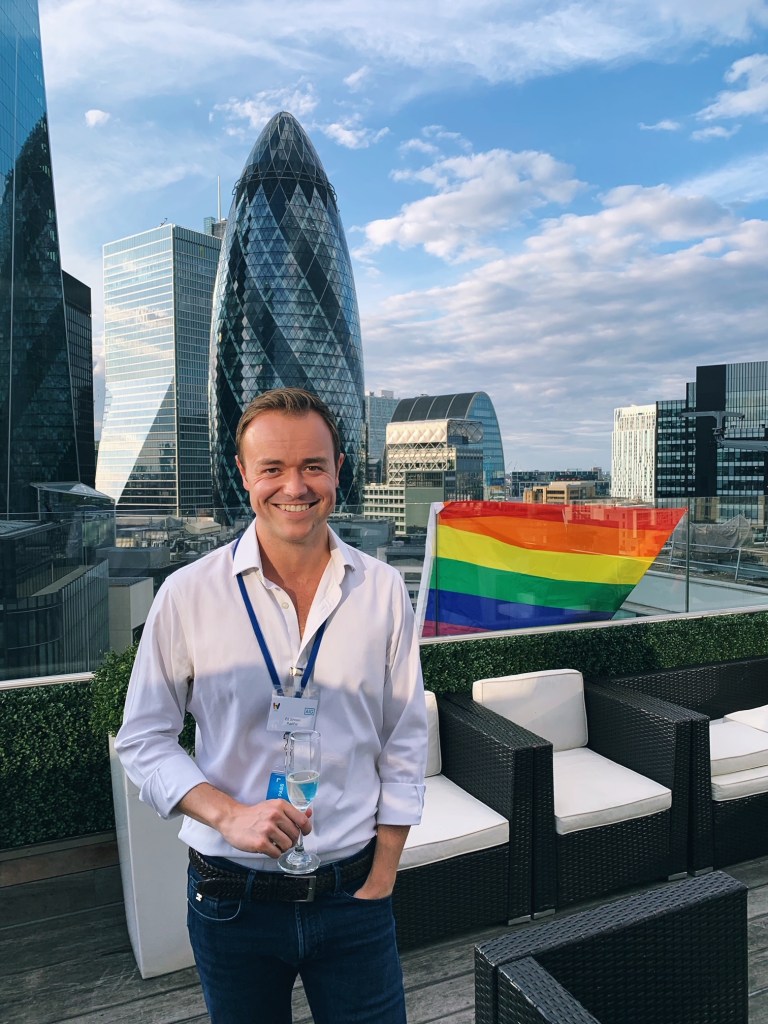‘I was slightly lost in my own career’: How mentoring can help LGBTQ people in the workplace

Finding an LGBTQ mentor is a great way resource in navigating your career. (Getty Images/PinkNews)
Finding an LGBTQ mentor is a great way resource in navigating your career. (Getty Images/PinkNews)
PinkNews spoke to entrepreneur Ed Johnson, co-founder and CEO of PushFar to find out how mentoring can positively impact the LGBTQ+ community and why it’s so important for LGBTQ+ founders to be visible in the startup ecosystem.
Navigating a career and climbing the professional ladder is a daunting experience, even more so for the LGBTQ+ community. From deciding when the timing is right to come out at work to encountering imposter syndrome more frequently, the LGBTQ+ experience at work can benefit from extra support.
This is where mentoring comes in. Having a mentor can help anyone, no matter where they are in their career journey, to gain insights and perspectives that can’t be taught on the job or even in university.

“The benefit for me from mentorship was understanding and perspective.”
For Ed Johnson, the CEO and co-founder of mentoring platform Pushfar – mentoring isn’t just his business – it guided him to where he is today.
“I think being an entrepreneur, you’re constantly every day facing new challenges and new situations that you’ve never had before,” he says. “So for me, it was having somebody able to support me and give me guidance based on the firsthand experience they already had.”
In Johnson’s case, not only had he not started a business before, he had no experience in the fundamental structures in starting like accounting, legal issues and fundraising that are involved in starting a business. Through having his own mentor, Johnson had the proper tools in place to build his business. “Giving me those perspectives and advice that I really needed at that time, it was so valuable.”
“Born out of a personal need, and from a personal perspective”
Johnson had an entrepreneurial spirit from a young age. He credits selling sweets to kids at the playground as his first business venture. While he appreciates the freedom and flexibility that entrepreneurship can bring, it’s innovation and creating he truly loves. “The ability to create something is something I’ve always enjoyed,” he says, “and create something that you can kind of put out to the world that other people can see and benefit from as well, I think that’s great.”
As he got older and began his career, Johnson’s idea for PushFar came out of his own experiences in struggling to find a mentor to guide him on the next steps of his career journey. “I was slightly lost in my own career, and I was sort of expecting to find some form of a platform or network to connect people And there really didn’t seem to be anything out there.”
From that need, in 2018 he co-founded PushFar – a platform that matches people to potential mentors. The company has since expanded and now offers organisation the ability to streamline their own internal mentoring programmes. “It was born from a personal need,” Johnson tells us, “and from a personal perspective and problem and then realising there was a whole wider problem that lots of people were facing.”

“Know that as a founder, you are the business”
When it comes to LGBTQ+ inclusion within the start-up ecosystem, progress is ongoing, and there is more work to be done. A report from Proud Ventures highlights that 75 per cent of LGBTQ+ founders hid their identities from their investors at some point during fundraising rounds. While Johnson didn’t have that same experience, he believes that mentoring can help LGBTQ+ founders be their authentic selves throughout all the stages of launching a new business.
Johnson believes that LGBTQ+ visibility within the entrepreneurial space is important and can only lead to overall good. “For some individuals who maybe don’t have the confidence and put forward those really innovative ideas, if they can see people similar to them that are doing things – I think that will encourage more entrepreneurs.”
“When we start getting a more diverse pool of entrepreneurs, we get a more diverse pool of businesses, and innovation,” Johnson continues. “And if we’ve got more visibility, the LGBT community within that will hopefully encourage more entrepreneurship as a result of that.”
Aside from finding a mentor, Johnson has some other key advice for promising LGBTQ+ entrepreneurs. “Not every investor is going to be the right investor for you,” Johnson says, “so don’t be afraid of saying no to potential investors – don’t be afraid of walking away if you can’t be yourself.”
That confidence in walking away may take time to build, but Johnson is certain that a more confident founder will lead to a better product. “Know that as a founder, you are the business to a huge extent,” Johnson concludes.
“You need to feel confident in yourself, whatever that looks like. And however that manifests itself to be able to give the best to that business, to bring it to life, and for it to be a success.”

